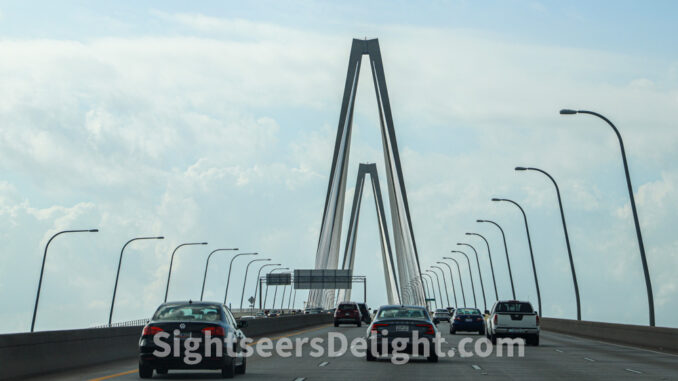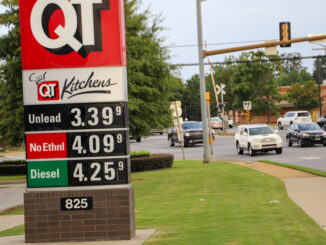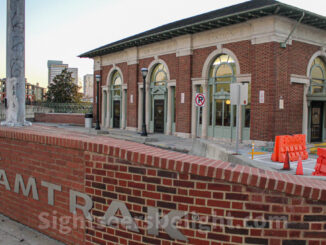
(The Center Square) — South Carolina Gov. Henry McMaster’s 2024-25 executive budget includes $500 million for bridge upgrades, spending the governor says is necessary because of the state’s “booming economy and rapid population growth.”
“There is no infrastructure more in need of investment than our state’s roads, bridges, highways, and interstates,” the Republican governor said in an announcement.
The governor wants to reallocate surplus funds totaling at least $500 million from the Homestead Exemption Fund to the South Carolina Department of Transportation. The transportation agency would use the money for emergency bridge replacement and repairs, which McMaster said “will benefit all South Carolinians.”
“Because our booming economy and rapid population growth have outpaced the state’s ability to keep up with improvements to our transportation infrastructure, we must continue to make big, bold, and transformative investments,” McMaster said.
“The 2023 SCDOT Annual Accountability Report highlights the need for additional resources to repair, rehabilitate, and rebuild many of the nearly 9,000 bridges on primary and secondary roads across our state,” the governor added. “Many of these bridges are 60, 70, and even in excess of 80 years old and are crumbling before our eyes each day.
“Too many have been closed, while others are in such a state of disrepair that the required restrictions render them useless for commercial trucking, school buses, or fire trucks needed to serve our state’s increasing population.”
According to a memo McMaster sent to state House and Senate leaders, the Homestead Exemption Fund is projected to have a $622 million fund balance at the end of fiscal 2023-24.
“To be clear, the Homestead Exemption Fund will continue to have sufficient funds to meet its statutory obligations,” the governor said in the memo. “But with our state’s aging and crumbling bridges, time is most definitely not on our side.”
National Federation of Independent Business State Director Ben Homeyer said upgrading the state’s infrastructure is a positive development that will keep the economy and supply chains moving.
“Most people may not think about it, but to get that kind of money is super important [to] make sure we have food to eat when we go to the grocery store and clothes to wear,” Homeyer told The Center Square. “That’s how it all gets delivered.”
This article was published by The Center Square and is republished here with permission. Click here to view the original.





